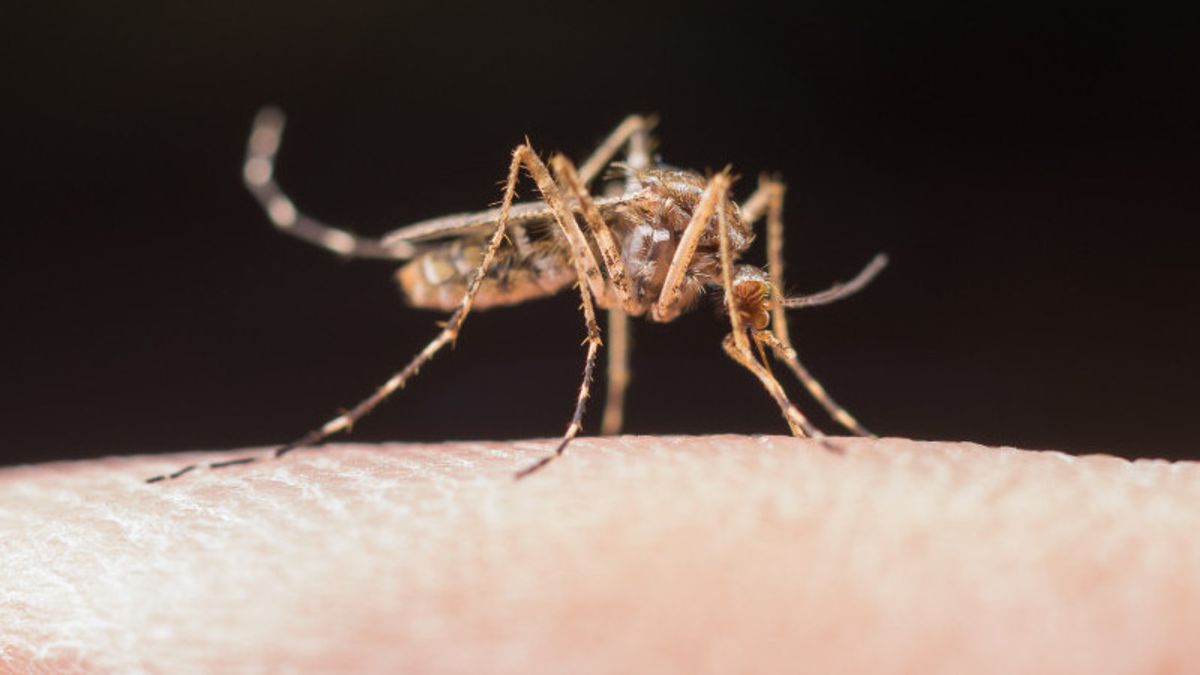YOGYAKARTA - Japanese Encephalitis (JE) is a rare virus that causes harmful infections for human health. The World Health Organization (WHO) called this virus the main cause of viral encephalitis in Asia. However, not many are familiar with the Japanese Encephalitis virus and its symptoms.
The Japanese Encephalitis virus is found in Asian areas, especially in rural areas where agricultural activities such as rice fields and pig farms often occur. A number of 24 countries in the WHO region of Southeast Asia and the West Pacific have a risk of spreading this virus.
Japanese Encephalitis is a viral disease that attacks the central nervous system and can cause inflammation of the brain. Given that this virus can cause serious health problems, it is very important to get to know the Japanese Encephalitis virus and how to prevent it.
Japanese Encephalitis is a viral infection caused by the JE virus, a member of the Flaviviridee family. This virus is transmitted to humans through the bite of an infected mosquito, especially the Culex mosquito species. This virus is included in the same genus as dengue, Zika, yellow fever, and West Nile viruses.
Japanese Encephalitis is generally found in Southeast Asia, East Asia, and parts of Australia. Although most cases of JE virus infection are asymptomatic (not showing symptoms), about 1 in 250 infected people can experience severe inflammation of the brain.
Symptoms from Japanese Encephalitis usually appear 5 to 15 days after a person is bitten by an infected mosquito. In the early stages, the symptoms that arise can be in the form of:
If this disease develops, there can be more serious symptoms, such as:
In severe cases, Japanese Encephalitis can cause permanent brain damage or even death. The death rate in patients experiencing brain infection from this virus reaches 20% to 30%.
Japanese Encephalitis is transmitted to humans through the bite of the Culex mosquito that has been infected by the virus. This mosquito is usually active at night and reproduces in areas where there are lots of puddles such as rice fields and water ponds. This virus was first discovered in Asia, but has now spread to various other regions.
The JE virus generally infects pigs and water birds that host intermediaries or "reservoirs" for this virus. When mosquitoes bite infected animals, this virus enters the bodies of mosquitoes and reproduces, then it can spread to humans through the bite of the same mosquito.
SEE ALSO:
Currently, there is no special drug that can cure infection with the Japanese Encephalitis virus. The medical treatment provided is generally supportive, which is to help relieve the symptoms and complications that arise. Therefore, prevention is a very important step to avoid this infection.
Here are some steps to prevent the Japanese Encephalitis virus that can be taken:
Such is the review of knowing the Japanese Encephalitis virus as a serious illness caused by being transmitted through mosquito bites. This disease can cause severe brain inflammation and has a high risk of permanent brain damage or even death. Also read 3 phases of dengue hemorrhagic fever.
Stay up to date with the latest domestic and other overseas news on VOI. We present the latest and updated information nationally and internationally.
The English, Chinese, Japanese, Arabic, and French versions are automatically generated by the AI. So there may still be inaccuracies in translating, please always see Indonesian as our main language. (system supported by DigitalSiber.id)


















